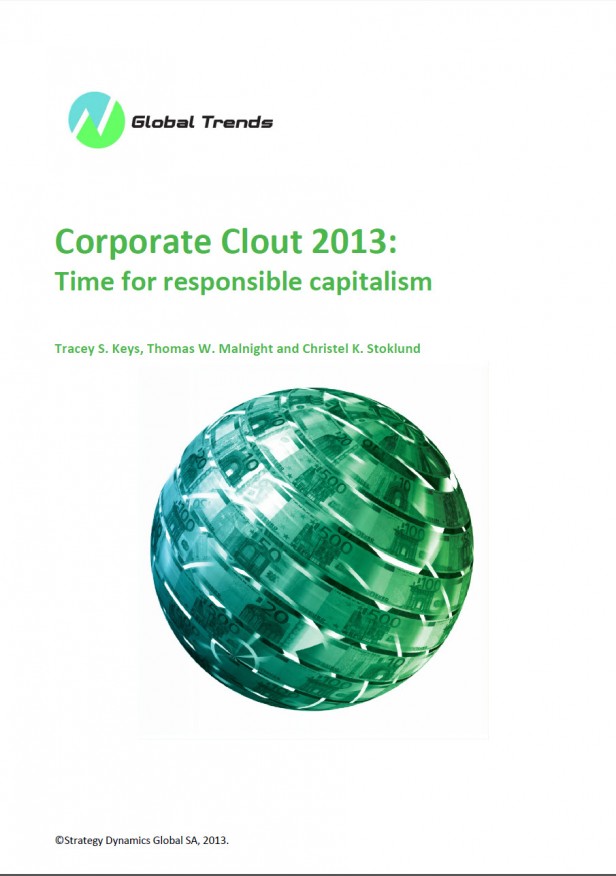
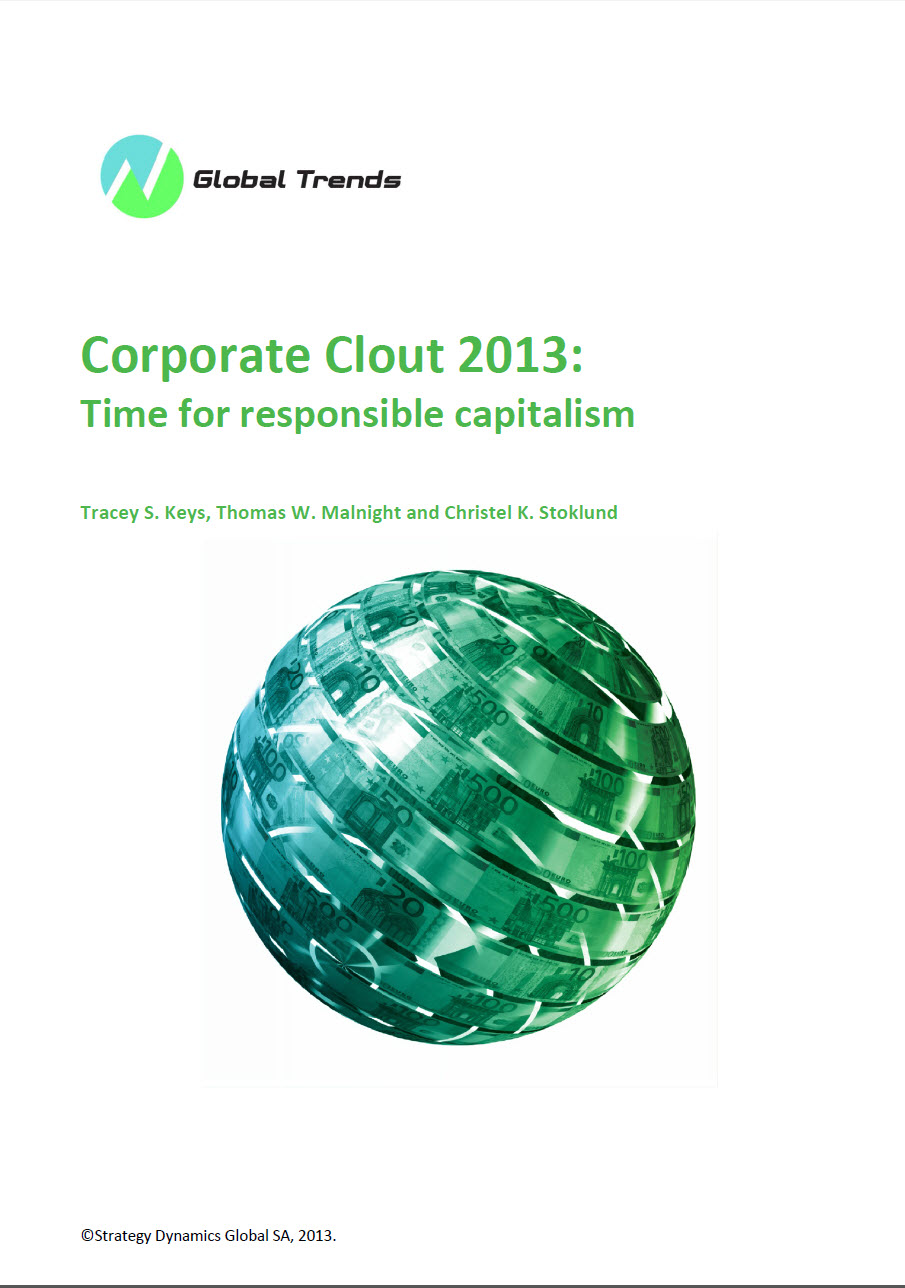
Corporate Clout 2013: Time for Responsible Capitalism
In 2012, 40 of the world’s largest economic entities were public corporations, but it’s a number that is down 20% since 2000. This special report explores why and how the distribution of corporate clout is shifting rapidly, with new players and models emerging. It’s not enough though to have clout: companies need to start taking responsibility for a greater role in society, commensurate with their influence and impact, according to CEOs of leading global firms.
-
Executive Summary
Of the world’s 100 largest economic entities in 2012, 40 (40%) are corporations, the same percentage as in 2011 but down 2% since 2010 (42%). If you look at the top 150 economic entities in 2012, the proportion of corporations is 58%, slightly down from 2011 (58.7%) but at the same level as in 2010 (58%).
Since we started our analysis in 2009, Wal-Mart has consistently been the largest corporate economic entity in the world. However, in 2012, Wal-Mart was overtaken by both Royal Dutch Shell (largest) and Exxon (second largest) leaving it in third place. Royal Dutch Shell recorded 2012 revenues that exceeded the GDPs of 171 countries making it the 26th largest economic entity in the world. It ranks ahead of Argentina and Taiwan, despite employing only 90,000 people. The biggest industry group in terms of size remains the energy majors, buoyed by energy price increases over 2012, with revenues of the five largest players increasing between 25% and 46% over the year. Combined, the revenues of these five companies (Royal Dutch Shell, ExxonMobil, BP, Sinopec and China National Petroleum) were the equivalent of 2.9% of global GDP in 2012.
However, the proportion of corporations amongst the world’s largest 100 economic entities has fallen 20% from 2000 to 2012, and some significant shifts are becoming clear. One is the clear movement of economic power from West to East as the economies of rapidly developing economies (RDEs) move up the ranks of global economic power – along with fast-growing companies headquartered in these regions. Among the top 100 economic entities there are now 8 RDE companies versus just 1 in 2000, and looking at the top 150, the number of RDE companies more than triples between 2000 and 2012 to 17.
These countries and companies have significant opportunities for growth: increasing financial power, resources, knowledge base, population, and consumer affluence are all factors. Perhaps more importantly, the leaders of these nations and global challengers have a mindset for growth, which has allowed them to outpace the multinationals from the developed world, whose rankings on the list of the largest global economic entities are slowly but steadily falling.
While we focus in this analysis on two distinct types of economic entity, nation-states and corporations – at least, publicly traded ones – there are other economic entities which are becoming increasingly important. These include cities, private corporations, state-owned enterprises, and, of course, the money men who often opaquely own the means of economic value creation. The influence and potential impact of each of these types of players is shifting and needs to be taken into account when evaluating how the future economic landscape may shift and its implications for organizations in preparing for the future. Looking forward, expect many of these entities to play larger roles in influencing global economic growth.The landscape of corporate clout is becoming more distributed, not just geographically, but between different types of entities. Understanding how this picture impacts your markets, customers, consumers, employees and value creation networks is critical to future success. It is also critical to the future success of economies and societies globally.
The sheer size and influence of corporate entities, whether public, private, state-owned or financial super-entity, means there is a need for them to take a more active role in addressing critical global challenges, and to take responsibility for their role in society.
Last year we talked about the challenge of moving “shared value” beyond lip service and individual initiative. Shared value challenges organizations and their leaders to focus on creating value for companies and societies simultaneously – because it is the interests of both sides to do so. This year we take this thinking a step further by focusing on the need for responsible capitalism. Responsible capitalism is not simply about voluntarily pursuing shared value, but about recognizing that business is an integral part of society and therefore has both the need and the responsibility to build strong, sustainable relationships with societies based on mutual benefit. It’s not about purpose versus profit, because they are not mutually exclusive. As Paul Polman, CEO of Unilever puts it, it is about: “…developing more inclusive and equitable growth within the constraints of the planetary boundaries.”
Does your organization have the licence to lead? How can you balance the needs of people, planet and profit? What do you need to do to redefine your organization’s relationships with society?
Also check out our accompanying presentation on Slideshare.
-
Be the first to review “Corporate Clout 2013: Time for Responsible Capitalism”
You must be logged in to post a comment.


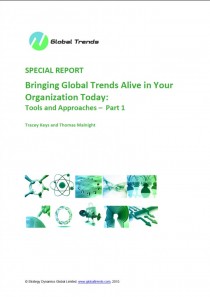
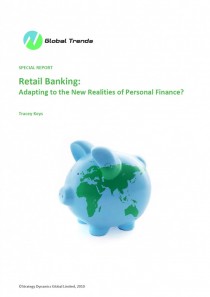
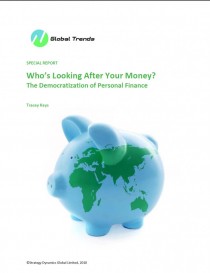
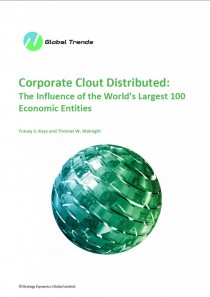

There are no reviews yet, would you like to submit yours?